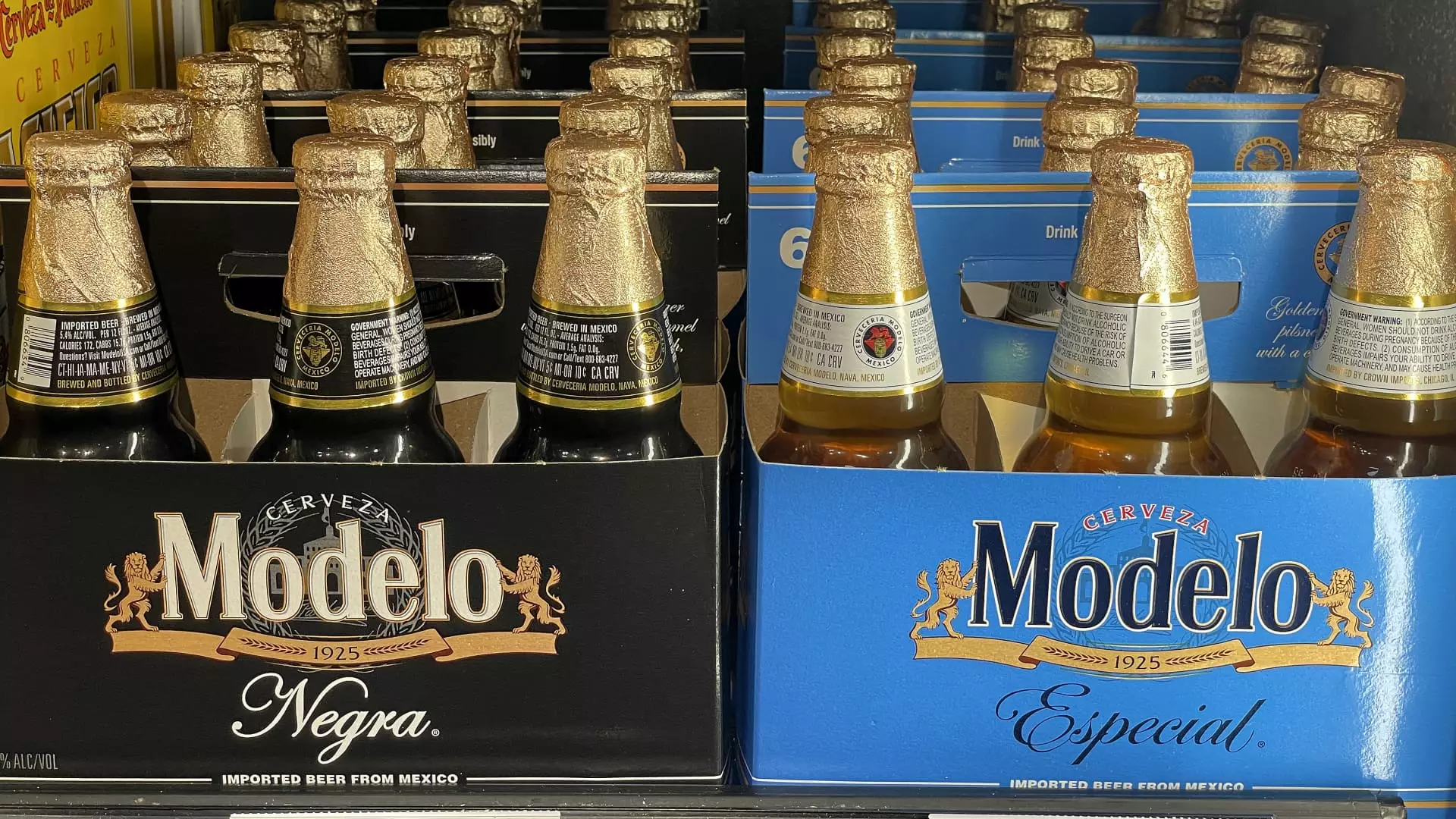In recent months, a disturbing trend has emerged: economic uncertainty fueled by aggressive immigration policies is reshaping consumer behavior in tangible ways. Constellation Brands, a leader in the brewing industry, reports a modest but telling 2% decline in beer sales—an indicator that political climates are more than just rhetoric; they are reshaping the purchasing patterns of core demographic groups. This decline isn’t coincidental but rooted in a broader atmosphere of fear and insecurity, which diminishes disposable income and increases hesitation at the checkout counter. When consumers—especially those traditionally seen as significant contributors—are preoccupied with threats to their livelihoods and safety, their spending naturally contracts, especially on non-essential items like premium beer.
Targeted Demographics and Economic Disruption
Hispanic consumers represent a fundamental pillar of Constellation’s market. Nearly half of its sales derive from Latino households in the United States, making any shifts in their economic behavior especially impactful. CEO Bill Newlands openly acknowledged that increased immigration enforcement, including ICE raids, has generated a climate of concern among these communities. While the company hesitates to explicitly state that immigrant fears are directly responsible, the correlation is clear: these policies contribute to reduced consumer confidence, which in turn dampens demand. The broader economic implications are alarming; it signifies how government actions, when perceived as hostile toward a particular demographic, can ripple through the economy, curbing growth in sectors that depend heavily on youthful, vibrant communities.
The Political Reckoning and Corporate Calculus
It’s crucial to recognize that this decline is not just about individual choices but is intertwined with political ideologies shaping economic realities. From a center-right perspective, aggressive immigration policies undermine the principles of free enterprise and individual opportunity. By creating environments of fear and uncertainty, the government inadvertently discourages consumption and dampens entrepreneurial spirit. Constellation’s hesitance to directly connect its sales downturn to Hispanic fears is symptomatic of a company wary of political backlash, but the underlying message remains: policies that threaten economic stability hurt everyone, especially those who contribute significantly to the economy’s vitality.
Broader Industry Impact and Future Outlook
The story extends beyond Constellation Brands. Major corporations like Coca-Cola and Colgate-Palmolive have reported similar declines, revealing that the economic repercussions of divisive policies are far-reaching and not confined to a single sector. Despite these signs of weakness, some companies maintain a cautiously optimistic outlook, trusting in a resilient economy that can withstand political turbulence. However, this optimism may be misguided if policymakers continue to prioritize divisiveness over stability and growth. The real challenge is for the market to adapt to an era where government policies and political rhetoric are deeply intertwined with consumer confidence, ultimately shaping the health of the broader economy.

